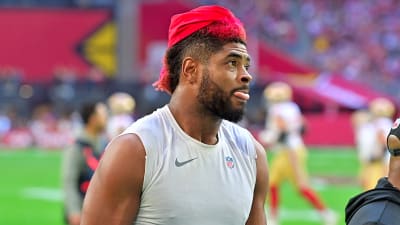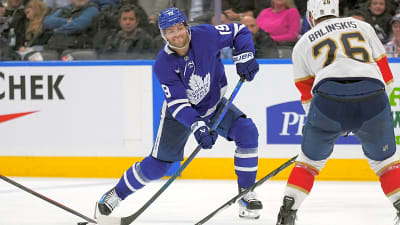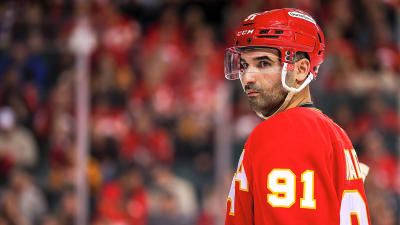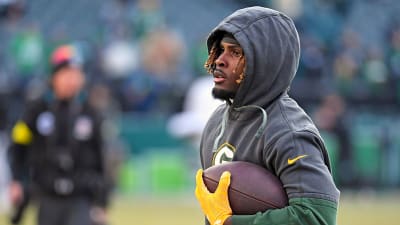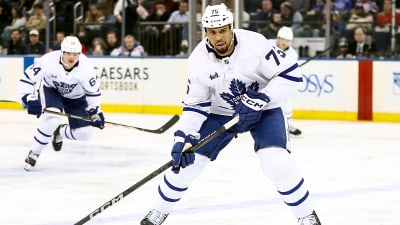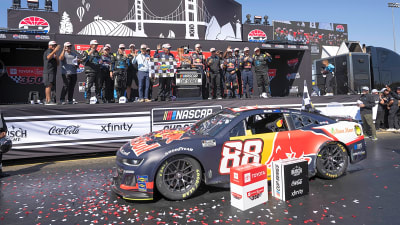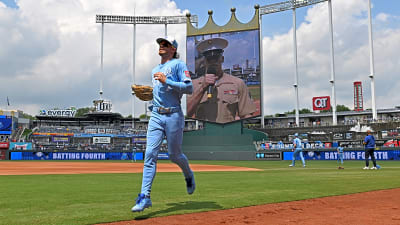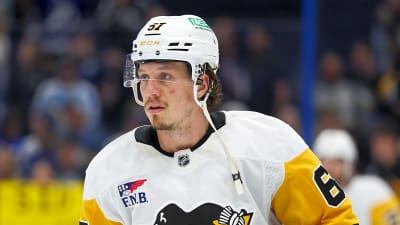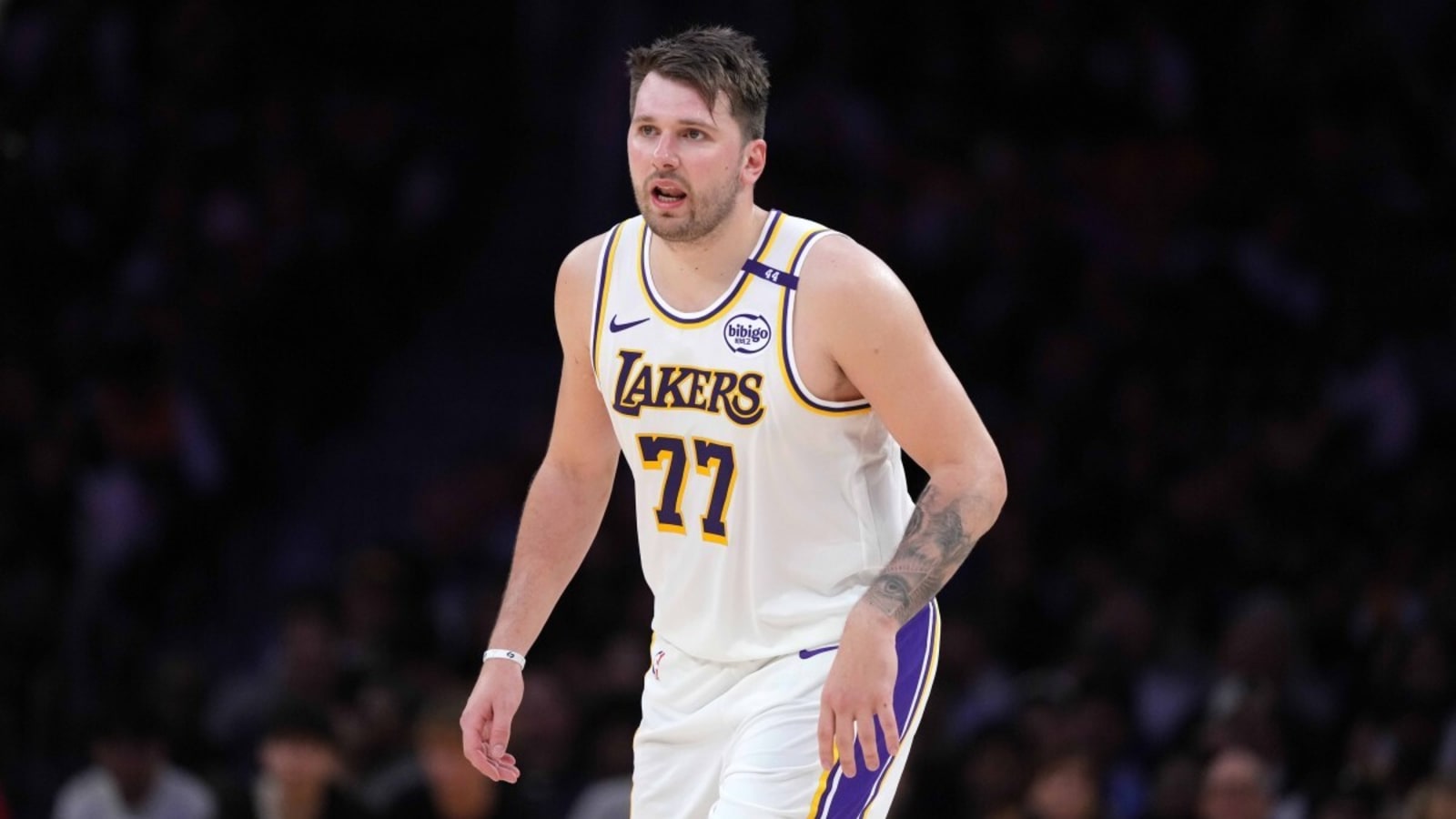
The Los Angeles Lakers have long prided themselves on contending every season. But with the team entering a pivotal offseason and Luka Doncic stepping into his prime, an internal dilemma has emerged, one that Lakers insider Jovan Buha shed light on in his latest podcast.
At the heart of it is “Project 2027,” a subtle but significant shift in the Lakers' approach that has fans and insiders questioning the franchise’s immediate ambitions and how Luka Doncic fits into that equation.
"If the Lakers are going to punt on the next two years of Luka's prime, I think that would be a giant mistake. I think Luka would think that's a giant mistake, and I don't think the Lakers are going to do that."
"And I've talked about this a few times over the last few days, but in talking to more people about this, there's no grand 2027 like, 'We're going to keep our cap sheet completely clean. We're not going to acquire any potential difference makers or make any aggressive moves.'"
"I think that the calculus from the Lakers' side is more, 'We would like to keep that cap flexibility and we are going to prioritize one to two year deals as we build next season's roster or the following season's roster,' but there are exceptions."
"And if the right player becomes available on the trade market or in free agency and it's a player that fits with the potential core around Luka, around Austin, around that potential second superstar once LeBron leaves or retires, then they will add that player to the core."
"I think the distinction is that they're not operating from a place of desperation of, 'We have to trade the first-round pick or Dalton Knecht or these expiring contracts and build the very best possible roster for this season at the expense of 2026-27 or 2027-28 or just the rest of Luka's prime,' because some of the assets that they would potentially have to give up in a trade are very valuable."
Buha explained that the Lakers are weighing their short-term goals against a strategic long-term plan that revolves around the summer of 2027. That’s when generational talents like Giannis Antetokounmpo and Nikola Jokic could hit the open market.
According to Buha, the Lakers are trying to maintain cap flexibility for that period, a move that has raised eyebrows, given Luka Doncic is just 26 years old and entering his absolute peak.
The franchise's hesitation to commit to long-term deals this offseason, even passing on players like Dorian Finney-Smith because of contract years extending beyond 2027, has prompted speculation about whether the Lakers are sacrificing the present in hopes of a future that may never materialize.
As Buha noted, fans are understandably frustrated. So is Luka, if not publicly, then likely behind the scenes. After all, he just made the NBA Finals in 2024 with Dallas.
He’s seen Shai Gilgeous-Alexander lift a championship with OKC. He’s seen Nikola Jokic and Giannis Antetokounmpo reach the mountaintop. He’s watched Jayson Tatum silence the critics by securing a ring. Luka knows his time is now, not in 2027.
And that’s the tension simmering within Los Angeles.
Buha emphasized that the Lakers aren't completely punting on the present. The acquisition of DeAndre Ayton, who, despite being a buy-low candidate, replaces Jaxson Hayes as a legitimate starting center, is a step forward.
The addition of Jake LaRavia adds youth and spacing, though whether he’s an impact player remains to be seen. The Lakers believe these moves, while modest, do improve the roster.
However, Buha cautions that this is a tightrope act. The Lakers are trying to improve the team around Luka Doncic, LeBron James, and Austin Reaves while keeping an eye on 2026 and 2027.
The goal, it seems, is to thread the needle, sign undervalued veterans, make one- or two-year deals, and preserve assets (like Dalton Knecht and future first-rounders) that could be used for a future superstar acquisition.
The problem? Luka Doncic didn’t come to Los Angeles to play the waiting game.
He’s a generational talent, fresh off averaging Luka averaged 28.2 points, 8.2 rebounds, and 7.7 assists per game. He didn’t come from Dallas just to float around in the second or third tier of the Western Conference for the next two years while the Lakers preserve cap space.
If anything, Doncic's move to LA, in a blockbuster trade that cost the Lakers Anthony Davis, was seen as a signal that the team was going all-in again for the next few years.
But "all-in" is now being redefined.
Buha highlighted how the Lakers want to keep their books clean enough to pounce if a superstar becomes available, but not so clean that they’re non-competitive in the meantime. He likened the approach to teams walking a two-timeline strategy.
However, unlike teams like the Thunder or the Celtics, who’ve mastered this balance, the Lakers are lagging behind.
Their roster, as it stands, isn't built to topple the West's elite. Not OKC. Not Denver. Not Houston. They’re competitive, but not contenders.
And the presence of LeBron James further complicates the dynamic. While he remains an all-time great, and his pairing with Luka provides instant headlines, the power dynamics have shifted.
LeBron may have picked up his player option, but the message from agent Rich Paul was unmistakable: win now, or he’s gone. The statement has ignited a flurry of trade speculation, with reports surfacing of growing tension between James and the Lakers’ front office. Sources suggest both sides have resorted to passive-aggressive tactics as frustrations mount."
For years, James dictated roster moves, but multiple insiders, including Buha, have now confirmed the Lakers no longer view LeBron as the central voice in roster construction. In fact, Buha noted that the Lakers have explored, albeit quietly, trade possibilities involving James.
Four teams have reportedly reached out. While LeBron’s camp recently denied any exit or extension talks and dismissed trade rumors, the mere fact that the Lakers are taking calls is telling.
LeBron’s declining influence also spills over to his son, Bronny James. The younger James had a promising rookie campaign, but his future now seems tied more to Luka’s presence than his father’s wishes.
With LeBron possibly leaving in 2025 or retiring shortly thereafter, the franchise sees Bronny as either a long-term project or a future trade asset, depending on the direction of the team.
That leaves Luka Doncic as the centerpiece. And it’s a responsibility he may be ready for, but only under the condition that the Lakers treat his timeline with the urgency it deserves.
Doncic doesn’t need to be sold on a “Project 2027.” He needs help now. As Buha put it, “It’s a delicate balance.”
The front office wants to maintain flexibility, but the optics of prioritizing a future star over maximizing the prime of an MVP-caliber player are troubling. If the Lakers fail to make at least one major addition either through a trade or another aggressive free agency signing, it sends a message to Doncic that his immediate championship window isn’t the priority.
And that’s a dangerous message.
Luka is smart. He watches the league. He knows that Tatum, Jokic, Shai, and Giannis have all lifted trophies. He also knows how quickly things change in the NBA. The Lakers want to be ready for the next big opportunity, but they already have one in their building.
The time for patience has passed. The time for calculated risk is here.
If the Lakers fail to act now, they risk alienating their new cornerstone in Doncic, wasting what should be the peak years of a transcendent player, and repeating the same missteps that plagued the final years of the LeBron-AD era.
In that case, Project 2027 may not be the future.
It may be the beginning of the end.
More must-reads:
- It's too early for Victor Wembanyama to commit his entire career to Spurs
- Mavericks center Dereck Lively II reportedly undergoes foot surgery
- The 'Most points in a game by NBA team in 2024-25' quiz
Breaking News
Trending News
Customize Your Newsletter
 +
+
Get the latest news and rumors, customized to your favorite sports and teams. Emailed daily. Always free!
